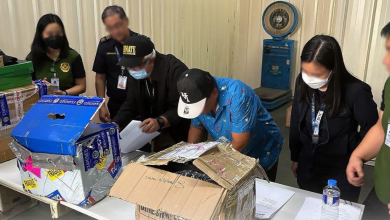No matter what job or position you may be applying for, submitting a copy of your Curriculum Vitae or CV will always be a major requirement in the UAE. Many job seekers take serious time in making their CVs look good because it can either make or break their chances of getting hired.
However, some aspiring employees tend to modify details in their CVs for the sake of impressing their potential employers. Others change their academic qualification, and even dare to add years to their career experience.
Here’s a red flag: Under UAE law, job seekers who are caught with fake information in their CVs are penalized, slapped with a hefty fine, and face up to three years in jail and/or deportation.
Aside from fake CVs, expats in the UAE should also be mindful of faking documents. Forgery ranges from faking documents, contracts, agreements, cheques, official financial statements, education certificates and their validation stamps, passports, currencies, credit cards and company logos.
Because of the huge expat population in the UAE, forgery is one of the most serious crimes in the UAE. Guarding against forgery is also imperative for a country that is perhaps the biggest financial hub in the Gulf.
The penalty for forging and using forged documents could be from one month to three years if it is non-official document and could reach up to five years if the forged document is official.
The following are considered means of forgery:
– Introducing a change into an existing instrument by addition, deletion or alteration, whether in writing, numbers, marks, or in photographs appearing therein.
– Putting a forged signature or seal, or alteration of a true signature, seal, or thumb-print.
– Obtaining, by means of surprise or fraud, a signature, seal or thumb-print of a person without his knowing the contents of the instrument or without validly giving consent thereto.
– Fabricating or counterfeiting an instrument and attributing it to a third party.
– Blank filling of a signed, sealed or thumb-printed paper without the consent of the person who signed, sealed or thumb-printed it.
– Disguising or substituting the identity of a person in an instrument made to verify its truth.
– Alteration of truth in an instrument made for verifying its contents.




